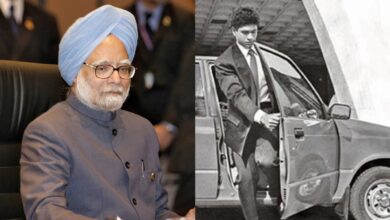Dear millennials, corporate loyalty does not pay off: HR endorses job-hopping | Trending

A lot of us have grown up with the idea that working with one company for decades will eventually yield rich dividends. This notion is being increasingly challenged today’s youth – and not without good reason. HR professionals weigh in on frequent job switches (Representational image) “During previous generations, if you stay loyal to an organisation … they’ll take care of you for life. Right now, the retirement benefits are not livable,” Jerome Zapata, human resources director at Kickstart Venturesm, told CNBC Make It. The HR professional conceded that employees who frequently switch jobs are likely to get paid better because “merit increases can only go so far.” However, there is still a stigma associated with job hopping. Candidates who switch jobs too frequently may be considered a flight risk companies, who would then be wary of hiring them. “Employees should weigh up the advantages and disadvantages of hopping jobs as it could be lucrative if they want to explore new career paths or a pay rise but if they do it too frequently, they can also be considered a flight risk, and companies may be cautious in investing in them,” Sumita Tandon, Director for HR, APAC at Linkedin told CNBC Make It. “Very different from the 80s and 90s”A 2024 report Endowus and Intellect revealed that 43% of Gen Z and millennial employees in Hong Kong and Singapore “indicate frequent thoughts of leaving their jobs, underscoring significant turnover intention.” The situation is not much different in other parts of the world. Better work-life balance and bigger paychecks are two reasons why employees switch jobs. An employee explains how job hopping benefits her. Vera Lau, 27, has worked at three companies in the last three years. “I don’t think loyalty pays off … It’s all very transactional. You’re only valuable for as long as they see you as valuable,” Lau told CNBC Make It. “If you don’t learn and you don’t earn, it’s time to go.” “The situation was very different in the 80s and 90s. People were just grateful to hold a job and to make a paycheck,” she said. “Our perspective on work has changed … our lives are not built around it [anymore] and your paycheck itself is not even enough to pay the bills or buy a house.”







